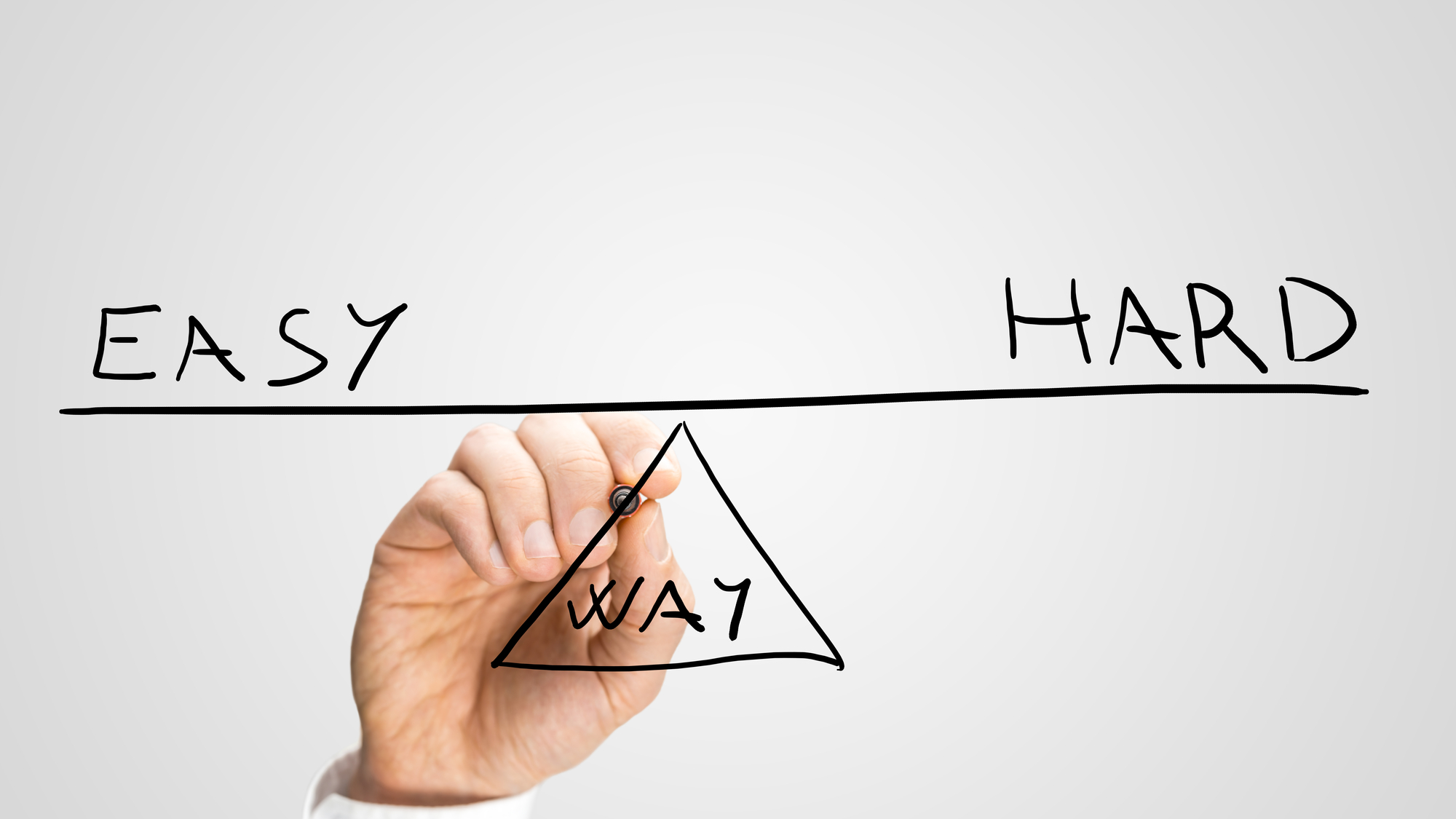 Among the many stresses of starting and running a business is determining which accounting method is best for your situation. What is the difference between cash and accrual accounting? And does it matter which your business uses? Your choice impacts profit and cash flow in important ways, as you’ll see if you keep reading.
Among the many stresses of starting and running a business is determining which accounting method is best for your situation. What is the difference between cash and accrual accounting? And does it matter which your business uses? Your choice impacts profit and cash flow in important ways, as you’ll see if you keep reading.
Both cash basis vs accrual basis accounting are generally acceptable for financial tracking and for tax purposes, but each method has pros and cons. Cash basis accounting takes notes of income and expenses when it impacts your bank account while the accrued revenue method of accounting takes note of these things when they are incurred or earned.
Cash Basis Accounting
Cash accounting is often used by small businesses because transactions are simple and easy to track. If you use the cash method, you always know where you stand with cash on hand. All you must do is look at your bank balance to see how you’re doing. Revenues are not taxed, in general, until the money is in the bank, although there are exceptions.
There are limitations, however. A company may appear to have plenty of cash but could have many payables not yet paid, so things may look better in your bank account than they actually are. A potential investor might see the cash on hand and believe the company is profitable and growing when it’s actually in poor financial shape because it hasn’t paid its bills.
Accrual Basis Accounting
The accrual method of accounting notes revenue when earned and expenses when billed. This method is more complex and labor-intensive but is often favored by large businesses because it provides an accurate picture of the company’s financial situation at every moment. The largest businesses are even required by law to use it. It also makes sense for companies with a lot of inventory on hand.
Using the accrued revenue method, a company records money that is due to it as revenue once the invoice is sent, even if the money hasn’t been collected yet. Expenses are noted even if they aren’t paid yet, and this includes payroll. Because revenue and expenses are tracked in this way, cash flow is not tracked, and a business could end up with a cash shortage, causing it to try to spend money it has not yet collected. To prevent cash flow problems with the accrued revenue method, cash on hand must be tracked separately.
Additional Considerations
Cash vs. accrual accounting yields different results when determining profit. Over accrual of revenue using the accrual accounting method could result in the appearance of high profit in the period during which the entries are recorded. Over accrual of expenses using this method could make profits appear less in a period than they really were.
Some businesses use a hybrid accounting system, but specific rules apply on when this is allowed and when it isn’t. In a hybrid system, major financial decisions and loan applications are based on accrual accounting while taxes are computed based on cash method accounting.
A Bookkeeper Can Help
So what is the difference between cash and accrual accounting? It’s all about when transactions are recorded, and each method has its positive and negative points. A bookkeeper can help you decide which method to use and help you keep your books in order, no matter your choice. Choosing a system and sticking with it is the most important thing for keeping your business finances healthy.
For bookkeeping San Diego businesses can rely on, reach out to AD Bookkeeping Services. There is no better choice for bookkeeping services from an experienced professional who offers personalized attention.

